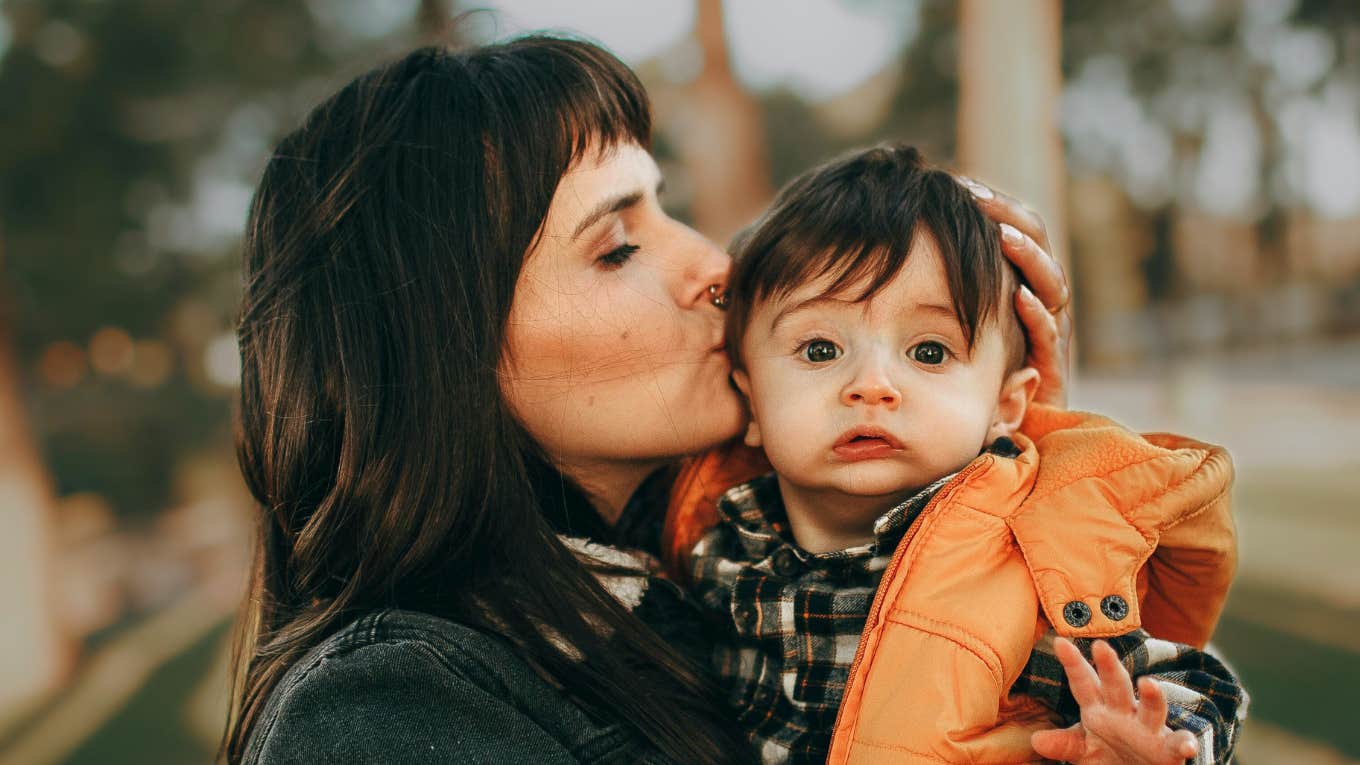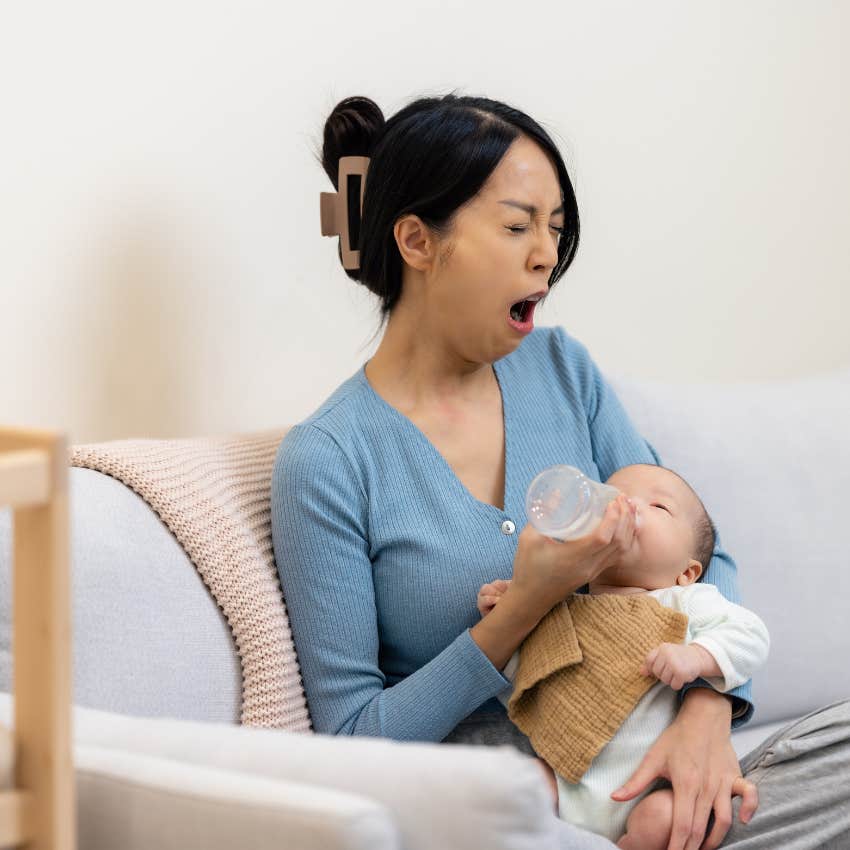Mothers Like Me Are Entitled
If asking for paid leave makes me "entitled," then so be it.
 filadendron | Canva
filadendron | Canva I see, so single young people who are starting out in life should be subsidizing a woman’s lifestyle. This is a privileged, entitled liberal white woman’s world, and the rest of us are just living in it to serve, I guess.
This was a comment I received on my recent story about the dire need for universal paid leave. The story was specifically about making breastfeeding more feasible for more mothers, instead of shaming us for formula or combo feeding, but it was more broadly about the impossible choices that all caregivers face under late-stage capitalism.
In the past, I have been known to respond directly to nasty comments, sometimes because I just get fired up and hit send before I think better of it, and sometimes because I want to clarify for myself and my readers my own line of thinking. I have never entertained any fantasy that I will actually change the commenter’s mind. I’m well aware that in most cases, they have clicked on my story specifically to hate-read it and to respond in kind.
Just as I am making a concerted effort to stop engaging with my ex-husband’s abusive behavior, I have decided I am no longer going to engage with people who behave abusively online. But I still think some of these comments are worth responding to in some form or fashion. They often bring to light pervasive cultural narratives that are, to put it bluntly, garbage.
Here are three narratives implicit in the comment referenced above, and here’s how I would respond to this person if this person were worth my labor and time:
Paid leave is a women's issue
Universal paid leave has long been cast as a “women’s issue,” which is precisely why the United States has never prioritized it. But paid leave is not just for mothers; neither is it just for parents. Anyone who is providing care to themselves or to a sick or elderly family member should have access to paid leave. My ex-husband, for example, took advantage of a state-paid leave law during an illness a few years ago.
Paid leave is for anyone who needs to take a break from paid labor to provide unpaid care to themselves or a family member. This is something that almost all of us will be called upon to do at some point. Wouldn’t it be nice to be able to do this without facing the prospect of financial ruin?
Mothers are privileged and entitled
 leungchopan / Shutterstock
leungchopan / Shutterstock
There is an infuriating story circulating in workplaces that because mothers take a few weeks off after giving birth, or have to leave their jobs at specific times to pick up kids from daycare, they are “entitled” or enjoy special “privileges.” (When Dad leaves to pick up his kids from daycare, on the other hand, he’s an upstanding family guy.)
The fact is, the modern workplace is simply not designed for caregivers, and this is where we need to direct our outrage.
Instead, we berate working mothers for having to “pick up their slack.” I’ve said it before, but I’ll say it again: in what world is it considered a “privilege” or “entitlement” for a mother to be able to feed her baby with milk that her own body is producing? Well, in our world, I guess.
Let me also point out that many college-educated workers like me already have access to some form of paid leave (though not nearly enough), whether through an employer-sponsored program or short-term disability benefits. A federal paid leave program is about granting access to people with fewer so-called “privileges” and “entitlements.” Universal paid leave is precisely that — universal.
Parenthood is a lifestyle choice
Caring for children is about raising the next generation of human beings. For most of humanity, it has been a village-wide effort amongst multiple generations. Now we see parenting cast as a “lifestyle choice,” which both trivializes the task at hand and shifts all responsibility (not to mention blame) onto one or two people, while demanding that paid labor should take precedence. In our divided, isolated society, those with children and those without are often living parallel lives, and we take little, if any, accountability for kids who don’t live in our home.
We make lifestyle choices when we decide to eat more greens or engage in regular exercise. Caregiving is not a lifestyle choice; it’s a collective responsibility, and we need to start treating it as such.
Kerala Goodkin is an award-winning writer and co-owner of a worker-owned marketing agency. Her weekly stories are dedicated to interrupting notions of what it means to be a mother, woman, worker, and wife. She writes on Medium and has recently launched a Substack publication Mom, Interrupted.

